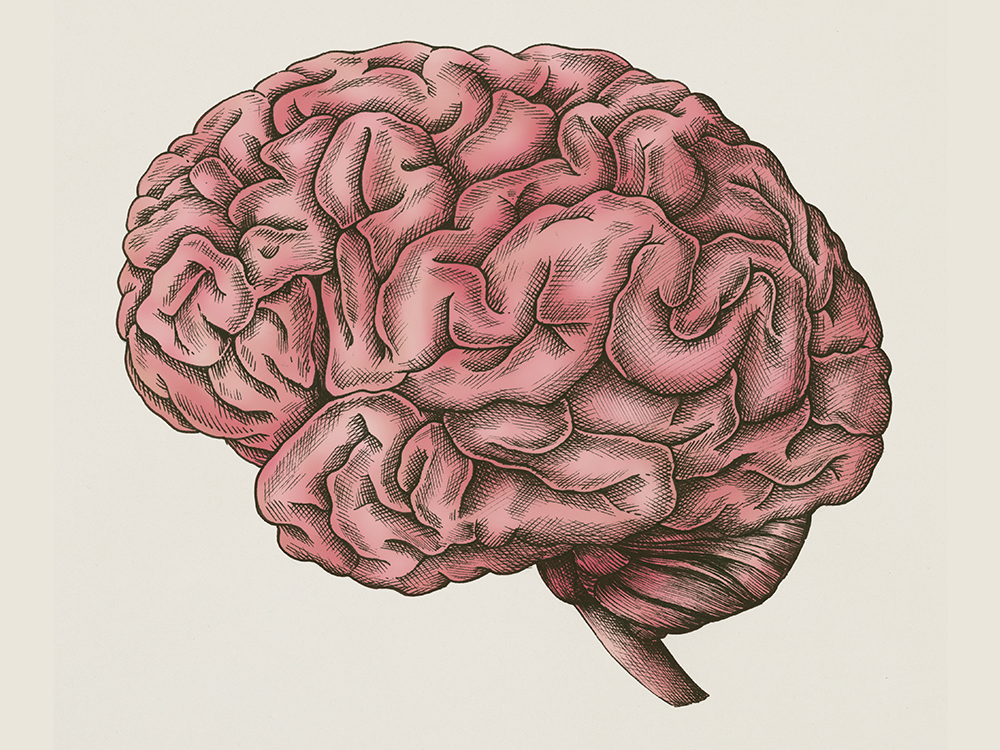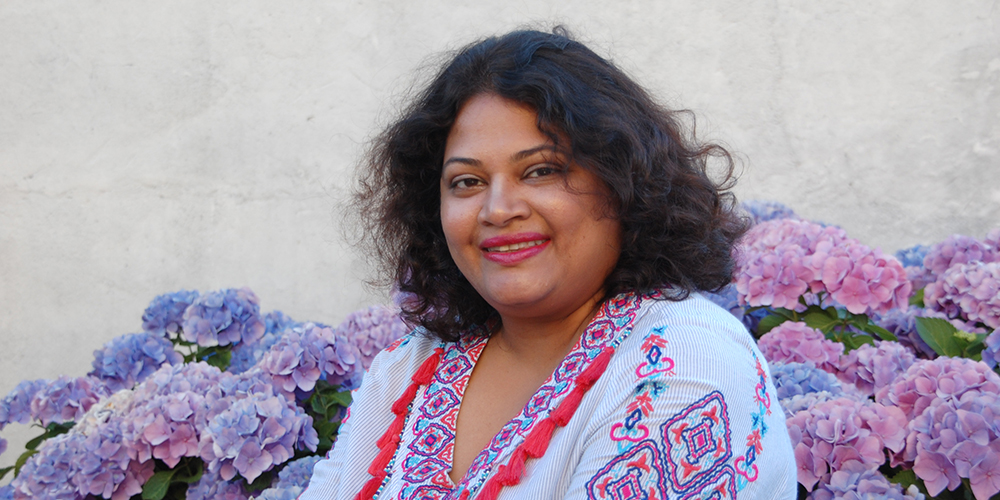Study: More Brain Activity May Not Help Older Adults with Certain Tasks
07.27.2018

More brain activity in response to increasingly difficult tasks might seem like a good thing for older adults, but new research from UTD’s Center for Vital Longevity (CVL) offers a different take.
According to a study from the lab of Dr. Chandramallika Basak, parts of the brain especially sensitive to age-related differences in activity tend to exhibit “inefficient activation” during functional magnetic resonance imaging.
“We saw extra neural activity in older adults in comparison to younger adults, but with no real benefit to accomplishing what the participants were being asked to do from a cognitive perspective,” said Basak, an assistant professor at CVL and the School of Behavioral and Brain Sciences.
The research was described recently in the journal NeuroImage. The results are an exception to the CRUNCH (Compensation-Related Utilization of Neural Circuits Hypothesis) model. According to CRUNCH, with more difficult tasks, older adults use additional brain regions that can help them overcome age-related neural degradation and achieve a similar performance as younger adults.
 Dr. Chandramallika Basak
Dr. Chandramallika Basak
In the CVL study, the researchers examined age-related differences in brain activity associated with three types of cognitive “costs” — the amount of effort or mental energy expended to successfully complete the task. In older participants (ages 50 to 80), the researchers found slower response times for maintaining and coordinating two tasks versus performing only one task.
In frontal and parietal regions of the brain, researchers also found these older adults’ increased activity was associated with poorer multitasking performance. The opposite was observed in younger adults. A total of 73 participants were studied — 30 younger adults (ages 18 to 35), as well as 43 older adults (ages 50 to 80).
The study’s other authors were doctoral students Shuo Qin, Maggie O’Connell, both members of Basak’s lab, and Dr. Kaoru Nashiro, a former postdoctoral researcher in Basak’s lab who is now at the University of Southern California. The study was supported by a research grant from Darrell K. Royal Foundation.
–Alex Lyda
Tags: BBS